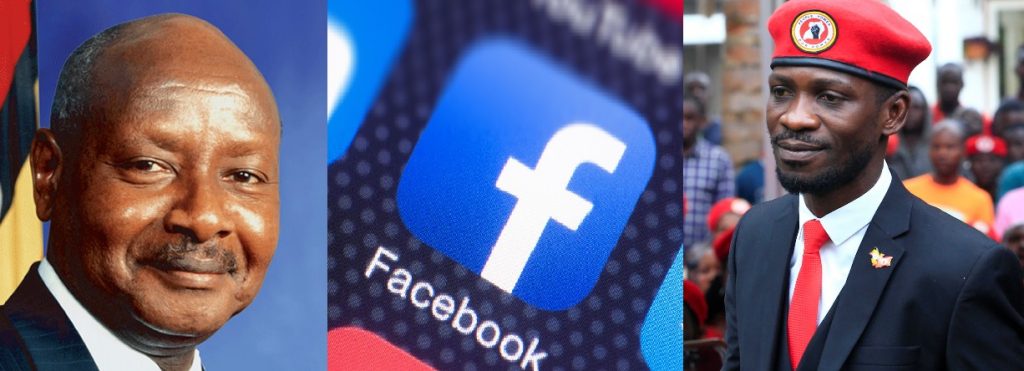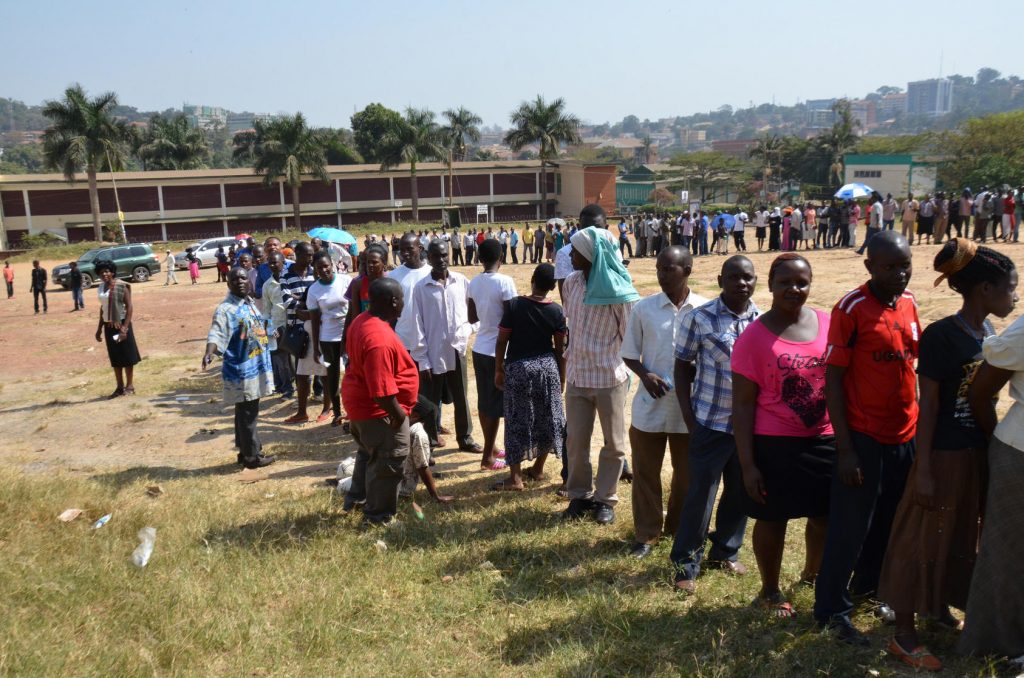
- Facebook has shut a slew of accounts belonging to Ugandan government officials accusing them of seeking to manipulate public debate ahead of Jan 14 general elections
- Incumbent President Yoweri Museveni, 76, is facing a stiff challenge from the popstar-turned-politician Bobi Wine, 38.
- Museveni’s senior press secretary Don Wanyama, who saw both his Facebook and Instagram account shut down, accused the company of seeking to influence the election.
- Yoweri Museveni has long accused foreign organisations and elements of backing Wine in a bid to remove his government.
- Social media giants have come under increasing scrutiny over the content they allow on their networks.
Facebook has shut a slew of accounts belonging to Ugandan government officials accusing them of seeking to manipulate public debate ahead of Jan 14 general elections, as per a report on Africa News. The Ugandan government is seeing this as an interference in its electoral process and has lodged a strong protest with Facebook.
Uganda is holding its presidential and parliamentary elections on Thursday 14th January. The run-up to the elections in the East African nation was tense and witnessed a bloody campaign. Incumbent President Yoweri Museveni, 76, is facing a stiff challenge from the popstar-turned-politician Bobi Wine, 38.
Uganda’s election has been marred by arrests of political opponents and their supporters. Uganda has also witnessed a lot of political violence in the last few months which has resulted in the deaths of hundreds. Protests in November 2020 resulted in the deaths of at least 54 people. Local reports show that Bobi Wine has a strong following among the poor and younger sections of the population.
‘Interference’ in elections

Museveni’s senior press secretary Don Wanyama, who saw both his Facebook and Instagram account shut down, accused the company of seeking to influence the election.
“Shame on the foreign forces that think they can aid and plant a puppet leadership on Uganda by disabling online accounts of (ruling party) NRM supporters,” he said on Twitter. “You wont take away President Kaguta Museveni,” he added.
He further tweeted that Big techs like Twitter and Facebook are being used by political opponents to stifle pro-government voices in Uganda. “They should unfreeze accounts they froze yesterday & today. We pray @UCC_Official is watching & can act to ensure a fair digital playfield”, he tweeted calling for #StopTechcolonisation.
Museveni’s account is still active but many government officials and members of the ruling party have seen their pages taken down, including a well known blogger and Museveni supporter, a prominent doctor and a senior official in the information ministry. Yoweri Museveni has long accused foreign organisations and elements of backing Wine in a bid to remove his government.
Social media giants have come under increasing scrutiny over the content they allow on their networks. The debate over free speech, right to decide the content on their platform gained momentum after Twitter, Instagram and Facebook blocked US President Donald Trump over alleged incitement to violence after mayhem at US Capitol last Wednesday.
Facebook Responds
Facebook’s head of communication for sub-Saharan Africa, Kezia Anim-Addo, responded to the allegations and defended the move to delete accounts. In an email response to Africa News, he wrote “This month, we removed a network of accounts and pages in Uganda that engaged in CIB (Coordinated Inauthentic Behaviour) to target public debate ahead of the election,” said in an email.
He further wrote – “They used fake and duplicate accounts to manage pages, comment on other people’s content, impersonate users, re-share posts in groups to make them appear more popular than they were.”
Anim-Addo said the network was linked to the ministry of information and communications technology. “Given the impending election in Uganda, we moved quickly to investigate and take down this network.” He said over 100 such networks seeking to manipulate public debate have been removed worldwide since 2017. The tech giant explains on its website that this is often linked to deceptive behaviour rather than content.
In December, networks managed from Russia and France including one linked to the French army were deleted over accusations of interference in operations in Africa.
